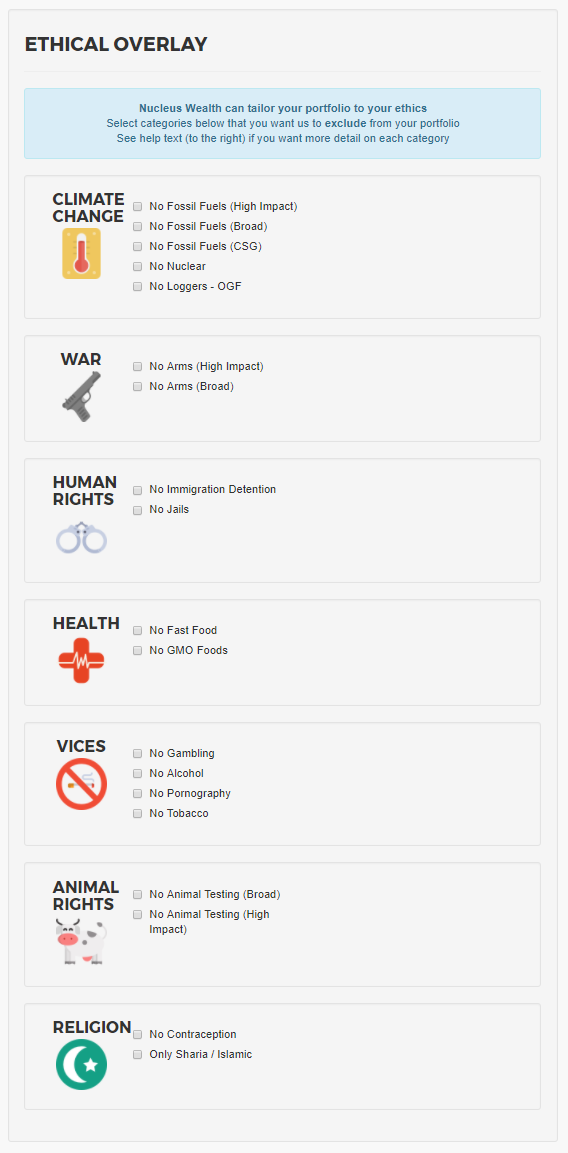The ABC is reporting a fascinating story of David v. Goliath in the super sector:
Super funds are legally required to pass on information that members need to make decisions about their investments.
But nobody has ever tested whether strategies to deal with climate-related risks is information covered by that section.
“There’s inherent risks to investing in companies that aren’t sustainable and contribute to climate change, which will be phased out [in] the next couple of decades,” Mr McVeigh said.
He couldn’t find any information about how his super fund, REST, was managing those risks. So in August last year, he wrote to the fund and asked.
“They haven’t given any real information and they haven’t supplied any real strategy or plan that they have for climate change and the risks involved,” he said.
And that, according to lawyers at Environment Justice Australia (EJA), is grounds to sue.
“Mark has asked for information that he reasonably needs to make an informed decision about the management of the fund and that’s what the law requires REST to give him,” said EJA lawyer David Barnden, who is representing Mr McVeigh.
Mr McVeigh is suing REST for failing to provide that information, and asking the Federal Court to force the fund to release it.
Sadly, in my time working with a major retail superannuation fund, I have had the pleasure of banging my head against the investment committee’s office door, trying to find answers to questions posed by clients regarding the investments within the opaque, unitised pools that make up most superannuation investment options.
One of the obvious frustrations with multi-billion dollar funds, admittedly focusing on maximising returns, is that there is limited time (or resources) devoted to helping the end investor understand exactly what is contained within their portfolio, and offer information that an investor might then use to ascertain for themselves the risks that global themes such as climate change might have on their overall returns. By involving the Federal Court in the fight for information, it’s fair to say that Mr McVeigh is taking the fight against opacity up for all members.
Sure there is often an opportunity to invest in ESG, Sustainable or Ethical options which should hopefully have these themes in mind when investment decisions are made, but these, of course, use a broad brush measure that aims to capture most of the popular themes. Ultimately this means that an investor who wants to avoid companies impacted by, or driving, climate change will now also potentially giving up returns from themes he is ambivalent about, such as tobacco, animal testing or pornography.
Ultimately this is one reason why the MB Fund decided to construct an investment opportunity with total transparency. We build the best possible portfolio of individual stocks that we can for a client, then allow them to choose from 19 different ethical screens which then hands back the control of how they invest in a much more granular fashion.

In cases like Mark’s, big money managers like REST which have their pooled methods mean that instead of focusing on a client’s needs they force people to accept poor transparency, limited control and, ultimately, confusion about how their retirement savings may be impacted by the ethical beliefs that mean the world to them.
———————————————–
Tim Fuller is the Head of Operations at the MB Fund which is about to release its Personal Superannuation product.
If this is of interest you then contact us below.
The information on this blog contains general information and does not take into account your personal objectives, financial situation or needs. Past performance is not an indication of future performance.